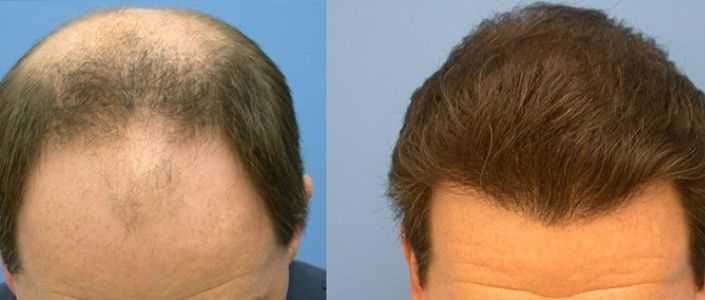“Does your skin and hair get sad during the monsoon – The most awaited season of the year” If yes, this blog is for you
We all love the vibe and fragrance of monsoon, but the people whose skin and hair can’t bear the humidity in the air and face problems do not share the same enthusiasm.
The shift from the scorching heat causes damage to the skin and hair due to the excessive humidity posing a lot of challenges like oily & dull skin and frizzy, dry hair, which can be the root cause of many skin and hair conditions like acne, rashes, dandruff, eczema, and various fungal infections.
Tackling skin issues during the monsoon, seasonal humidity can cause several problems, especially for oily and combination skin due to excess secretion of oils and sweat.
Following a daily regimen makes it possible to get healthy, glowing derma without following a high-maintenance routine.

Keep your skin clean
Try to avoid any heavy moisturizing creams, oily foundations, and cream-based color makeup. Use a light mousse or a few drops of calamine lotion as a makeup base instead.
Morning and night, wash away the pollution, makeup, or other stuff that’s settled on your skin. Choose a cleanser according to your skin type. If you have dry skin, use a cream-based cleanser and for oily and combination skin gel-based cleaners.
Each time you wash your face, use a toner to close the pores and restore your skin’s pH balance.
Exfoliate
The solution to a brighter, smoother complexion is to exfoliate at least 2-3 times a week.
- Chemical exfoliates contain hydroxyl acids that dissolve dead skin cells (they feel like a thin lotion when you apply with fingertips, then rinse away).
- Mechanical exfoliants contain tiny beads that physically scrub off dead cells as you rub them over your skin. If you opt for a mechanical scrub, use it gently.
- Moisturize sensibly Weather conditions change, so should your skincare routine. Choose a water-based moisturizer. You can also look for lotions containing “humectants,” a class of substances (including glycerine, sorbitol, and alpha-hydroxy acids) that attract moisture to your skin.
Don’t forget the SPF.
Sun protection is a must. No, sunscreen isn’t just for summertime. Try applying a broad-spectrum sunscreen (28-30 SPF) to your face and hands for about 30 minutes before going outside. Reapply every three hours. You can layer a moisturizer over your sunscreen or use a sunscreen with moisturizer.
Fungal infections
A fungus thrives in humidity — wet skin folds rubbing against each other get macerated easily, providing easy entry to fungi and yeast. As a result, you develop itchy, circular, reddish, flaking patches on the body, especially in skin folds at the groin, underarms, and foot.
- Carry a set of dry clothes & footwear to your office and change if you’ve gotten drenched on your way.
- Once you are seated at your desk, take your shoes and socks off to allow air circulation around your feet.
- Wear sandals or floaters as far as possible.
- Use plenty of dusting talc to prevent the accumulation of sweat and moisture in skin folds.
- Those prone to repeated fungal infections can use medicated powders.
Scabies
Another common infection that preys on both children and adults during the monsoon — is caused by a mite infestation. If your child complains about a body itch that intensifies at night and you see a few red bumps or a rash on their hands, wrists, underarms, abdomen, groin, and buttocks, then rush to the dermatologist. This condition is highly contagious and invariably spreads to the family if not treated properly.
Hair concerns
During the monsoon, the hair become hobbled and lustless due to humidity and sweat and losses its shine and volume, and the acidic rainwater further damages the hair
- Wash your hair more frequently with a mild shampoo.
- Avoid rich conditioners until and unless you have dehydrated hair.
- Comb your hair daily and avoid entanglements.
- Keep your hair trimmed and away from the face and neck.
- Do not expose your hair to too much styling in this weather.
- Carry a protective gear like an umbrella or raincoat with a hud so that your hair does not get exposed to rainwater and if it does, rinse it with clean water at the earliest.
Take care of your skin and hair internally.
As the body loses a lot of fluid due to sweat, replenish your body with many fluids like water, lemon water, coconut water to avoid dehydration.
All external techniques can be in vain as long as we are not perfect on the inside. Eating vegetables blanched in boiling water to disinfect them, like salads, and drinking plenty of vegetable soup will keep you warm and healthy.
Have a healthy monsoon!

